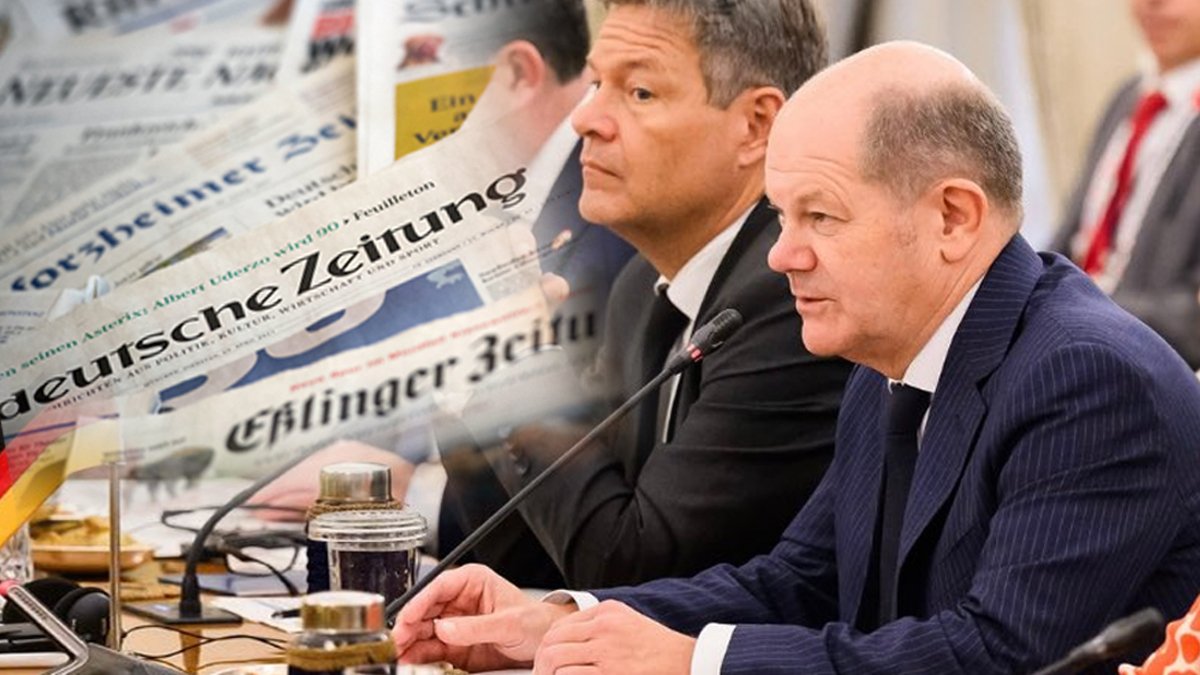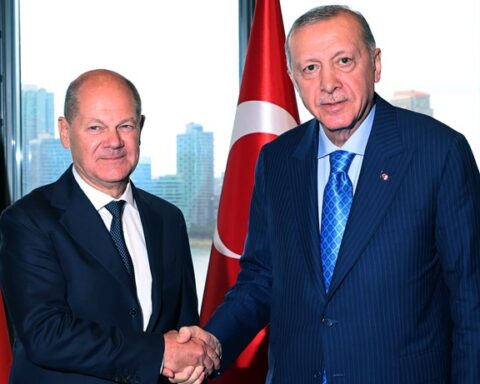In recent weeks, Germany’s political landscape has shifted dramatically with the disintegration of the coalition government. Deep disagreements on economic policies have plunged the tripartite coalition into a spiral of crisis, ultimately leading to the government’s collapse. Following Chancellor Olaf Scholz’s decision to dismiss Finance Minister Christian Lindner from the coalition partner FDP, the FDP withdrew its ministers for Justice, Transport, and Education, signaling its departure from the government. This crisis has dominated German media headlines and sparked intense public debate.
Economic Disputes within the Coalition Reach a Breaking Point
The coalition, comprising the Social Democratic Party (SPD), the Greens, and the Free Democratic Party (FDP), was initially hailed as a promising reformist government. However, fundamental disagreements over key economic projects—such as the 2025 budget, pension reforms, and the “Growth Initiative – New Economic Dynamics for Germany”—have exposed significant vulnerabilities within the coalition. When Finance Minister Lindner suggested early elections, which Scholz promptly rejected, relations among coalition partners fractured entirely, leaving Germany’s political atmosphere shrouded in uncertainty.
Applause in Parliament Following Lindner’s Dismissal
After the FDP’s exit from the government, a wave of emotions swept through the SPD’s parliamentary group. Chancellor Scholz received a standing ovation for two minutes following the dismissal of Finance Minister Lindner, a gesture that prompted mixed reactions among the German public. Some viewed the applause as a sign of confidence in Scholz’s leadership, while FDP leader Lindner accused Scholz of intentionally dismantling the coalition for strategic reasons.
Anticipation of an Early Election and Confidence Vote
Eyes are now on January 15, 2025, as Scholz is expected to request a confidence vote in parliament. Should he fail to secure this vote, Germany would need to hold early elections within 60 days. Consequently, the anticipated election date could be moved from September 28, 2025, to as early as March 9, 2025. This prospect of early elections has generated significant public and media interest across Germany.
“The Most Unpopular Government of All Time” – German Media’s Verdict
The coalition’s dissolution has been a major topic in the German press. Bild commented on the situation by stating, “The Federal Republic has finally rid itself of the most unpopular government of all time.” Observers suggest that the resulting political landscape will offer Germany new opportunities for future directions. Meanwhile, Welt described the coalition as a “self-styled progressive alliance” and ran the headline “This is as far as it goes,” arguing that the same contentious borrowing policies that initially enabled the coalition had also contributed to its downfall.
“What Scholz Doesn’t Understand: No Prosperity Without Growth”
In a critique of Scholz’s economic approach, Berlin’s prominent newspaper, Berliner Zeitung, ran the headline, “What Olaf Scholz Doesn’t Understand: There Can Be No Prosperity Without Growth.” The paper argued that Lindner better understands Germany’s needs, hinting that the divergent economic approaches of Scholz and the FDP could have long-term consequences for the country’s prosperity.
Uncertain Political Future for Germany
In conclusion, the collapse of the government has cast Germany’s political future into uncertainty. While the end of the coalition raises the prospect of early elections, it remains challenging to predict the path Germany will take in the coming months. One thing is clear, however: Germany is grappling with a profound economic and political crisis.
- Tension Between Donald Trump and Elon Musk: Is a Major Crisis Beginning in the American System? - June 6, 2025
- Harvard Faces Federal Funding Freeze Over Alleged “Disrespect to the Nation,” Says McMahon - May 6, 2025
- Tariffs, Troubles, and Transition: A Tumultuous Week for the U.S. and NYC Economy - May 6, 2025








